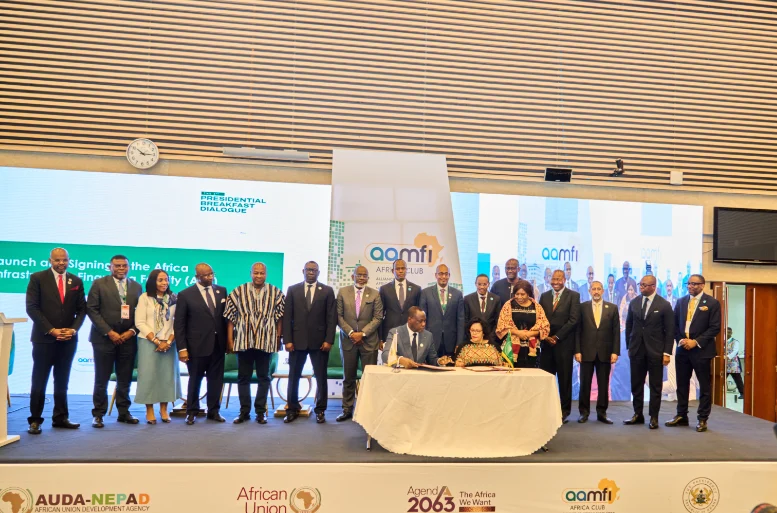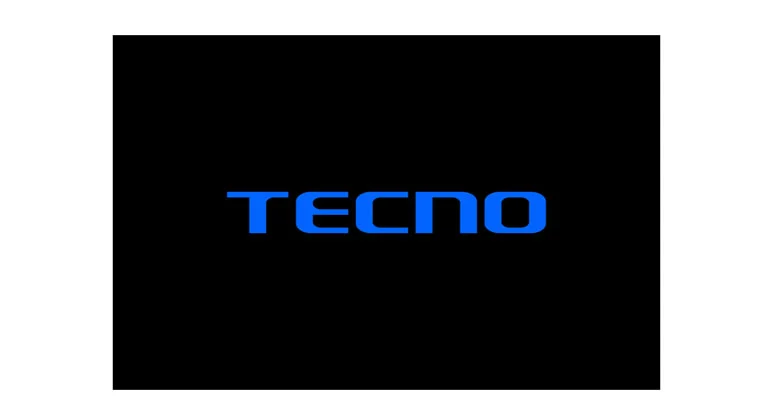Nigeria Fintech Firms Seek National Committee to Bridge Regulatory Gaps
Nigeria’s fast-growing fintech sector is advocating for the establishment of a National Fintech Committee, a structured platform that would enhance dialogue between industry players and regulators, particularly the Central Bank of Nigeria (CBN). The proposed committee aims to bridge regulatory gaps, co-create policies, and foster innovation in the country’s digital financial ecosystem.
The initiative mirrors the Bankers’ Committee, a long-standing regulator-led group comprising the CBN and the chief executives of Nigerian banks. The Bankers’ Committee has historically collaborated to address systemic challenges in the banking sector, including issues such as shared IT infrastructure, compliance frameworks, and power supply.
By adopting a similar collaborative model, the National Fintech Committee could play a pivotal role in shaping a conducive regulatory environment for fintech innovation, ensuring that emerging technologies such as artificial intelligence (AI), real-time payments, and digital lending can thrive under clear and consistent rules.
Why the National Fintech Committee Matters
The fintech ecosystem in Nigeria is expanding rapidly, with the country recognised as one of Africa’s top innovation hubs. However, operators continue to face fragmented regulatory oversight, delays in licensing, and uncertainty over emerging technology frameworks such as open banking and data sharing.
The proposed committee would:
- Create a structured engagement framework between fintechs and regulators.
- Enable joint problem-solving on policy, infrastructure, and compliance challenges.
- Support policy co-creation in key areas such as cybersecurity, cross-border payments, and data privacy.
- Encourage transparency through scheduled working groups and public reports.
Challenges in the Fintech Sector
A recent industry report revealed that 62.5% of Nigerian fintech firms plan to expand into other African countries, signalling growing interest in cross-border operations. The report identified AI and real-time payments as key drivers of the next phase of growth, with fintechs leveraging these tools for fraud detection, credit scoring, and faster transactions.
However, expansion is often constrained by inconsistent regulatory frameworks across African markets. The report emphasised the need for regulatory passporting frameworks to enable seamless and compliant expansion within the continent.
CBN’s Proposed Frameworks for Fintech Collaboration
To strengthen regulatory coordination and industry development, the Central Bank of Nigeria has proposed several initiatives that align with the goals of the National Fintech Committee:
- Regulatory Engagement Platform (REP):
A structured dialogue mechanism between regulators and fintechs featuring quarterly working groups, early feedback sessions, and public engagement reports. - Smart Licensing and Supervisory Gateway (SLSG):
A centralised digital portal for multi-agency onboarding, licensing, and reporting, designed to improve transparency and efficiency through digitised workflows and analytics. - Open Finance Lab (OFL):
A regulatory sandbox for open finance initiatives, enabling banks, payment providers, and fintechs to test and refine innovative digital services under supervision. - Fintech Trust and Safety Charter (FTSC):
A voluntary charter establishing standards for data protection, responsible AI, fair competition, and grievance redress mechanisms. - Fintech Credit Guarantee Window (FCGW):
A blended-finance mechanism aimed at de-risking MSME lending by fintechs, especially those supporting youth and women-led enterprises.
Towards a Collaborative Future for Nigerian Fintech
The creation of a National Fintech Committee could mark a turning point in Nigeria’s digital financial ecosystem, promoting trust, transparency, and shared innovation between regulators and innovators.
By institutionalising collaboration, similar to the Bankers’ Committee model, Nigeria stands to accelerate fintech growth, enhance financial inclusion, and position itself as a continental leader in digital finance and regulatory innovation.












